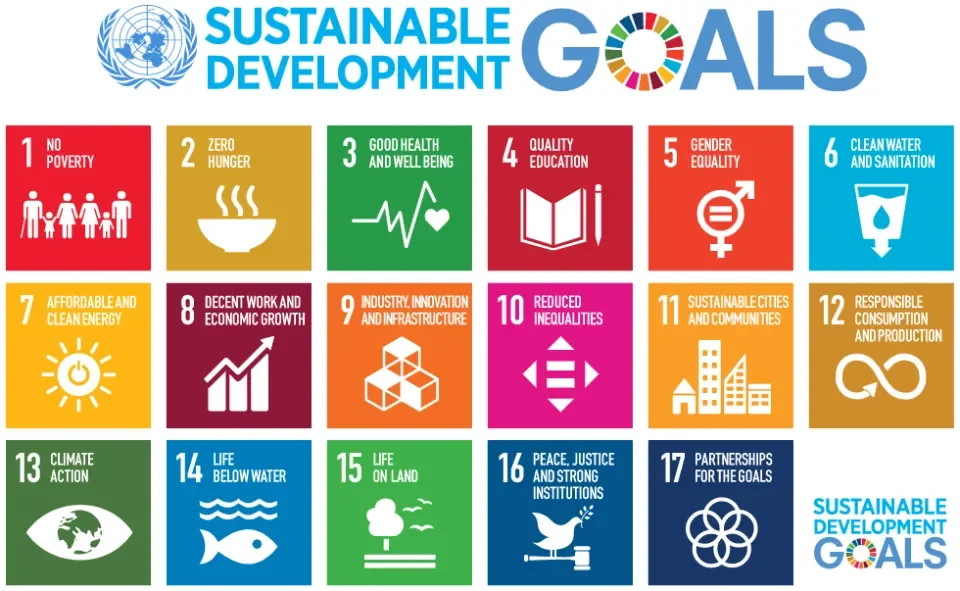
Research Newsletter – Issue 77: Information and Updates
Please click on the headings below to see further information:
To simplify Enterprise Ireland’s Horizon Europe applications and to speed up approvals for Enterprise Ireland’s Horizon Europe Financial Supports, Enterprise Ireland have introduced a number of changes to the current application and approval process (Smart Simple will go live with these updates at 3pm on Friday 21st October).
The main changes include:
- a fast-track approval process with final approval by the Horizon Europe Department Manager – this means an application could potentially be approved in less than 24 hours (subject to availability of the NCP verifying the application and no errors in the application)
- removal of caps on budget categories to give flexibility to the applicant
- a flat rate fee of €170 per day for Research Assistants and €200 per day for Teaching Replacement costs to reduce the number of errors in applications
- travel budget will now cover two people per visit - currently only one person is supported per visit. Covid-19 related testing/protocol requirements are also eligible costs under travel.
- Horizon Europe-related training costs will now be covered – currently ‘workshops’ are not eligible for support.
In conjunction with going live on Smart Simple, new updated guidelines will be published here.
The new 2022 National Support Network Directory has now been published.
Please see here for contact details of National Contact Points, National Delegates and European Advisors.
Science|Business has published all the newest – unapproved - versions of Horizon Europe work programmes for 2023 and 2024.
Researchers across Europe can now get an early glimpse of what R&I projects could win funding in the next two years. See here.
The United Nations Sustainable Development Goals (SDGs) challenge the global community to build a world where no one is left behind. Adopted in 2015 as part of the 2030 agenda for sustainable development, the SDGs comprise of 17 goals and the associated 169 targets as areas considered of critical importance for humanity.

UN SDGs
The SDGs provide a framework for all countries to address global challenges and work in partnership towards a sustainable future. There are 17 SDGS, many interlinked, which provide a common language to address challenges at local, regional and global levels.
National policies, such as the National SDG Implementation Plan 2022-2024 and Climate Action Plan 2021, reflect Ireland’s commitment to the goals and to advancing sustainable development.
Research has a key role to play in achieving the SDGs, with global research increasingly directed towards addressing these challenges. The need to evidence the societal relevance of research and its contribution to the SDGs are becoming more pressing requirements in both the national and European funding landscape.
SDG impact is also now being reflected in the university rankings, which has reputational significance for institutions. The lead proponent in this area are the THE Impact Rankings, though other agencies are looking to incorporate impact elements to their data capture also.
With all the focus on SDGs and associated impact, there is an increasing emphasis on various means to capture contributions to the goals. One avenue currently being utilised to assess ‘impact’ is to look at the publications contributing to each SDG area.
Elsevier (through their SciVal tool) have developed a ‘query’ to capture SDG linked outputs. Each SDG query includes keywords/terms that are used to search through a publication’s title, abstract, keywords and description.
If terms listed in the query appear in a publication title or keywords etc, the publication is pulled into the listing for the respective SDG.
It is important to note that sometimes relevant publications are ‘missed’ as terms used in the publication title, keywords etc. are not present in the query listing. Therefore the use of the most relevant basic keywords (incl. Title and Abstract) is often key to publications being picked up by the SDGs queries.
These SDG-linked publications are currently used in the THE Impact rankings but are likely to get a wider audience in the future.
The query terms for each SDG area are available to download and view via the following link: Elsevier 2022 SDG Mapping
Raising awareness of the queries being used to ‘capture’ SDG linked publications will assist in:
- Increasing the accuracy of future publication SDG-affiliations, ensuring that DCU's full contribution to the SDG areas is captured
- Increasing DCU researcher and institutional visibility across the SDGs
- Evidencing researcher and institutional capacity across the SDGs
Any queries are welcome to:
Nathalie Growsewski, Rankings Officer, QPO
Isabel Hidalgo, Research Support Office
The Research Project Administration (RPA) team is open for pre-award funding application support for PI’s who intend to coordinate Horizon Europe, MSCA, ERC and COST projects. RPA assists in preparing the application for EI Coordinator Support and the support is paid for from this funding.
RPA look after the administrative aspect of the process allowing the PI to focus on the technical aspects of their research proposal - they work with the PI, their team and the relevant RDO to prepare and submit the proposal.
For further details email rpa.enquiries@dcu.ie or visit our website.
First come, first served - enthusiasm is infinite but capacity is not!
